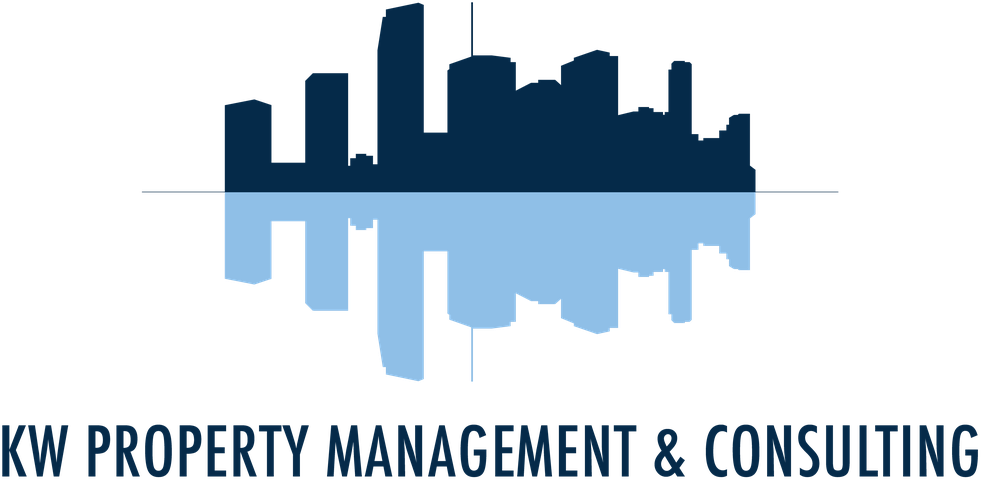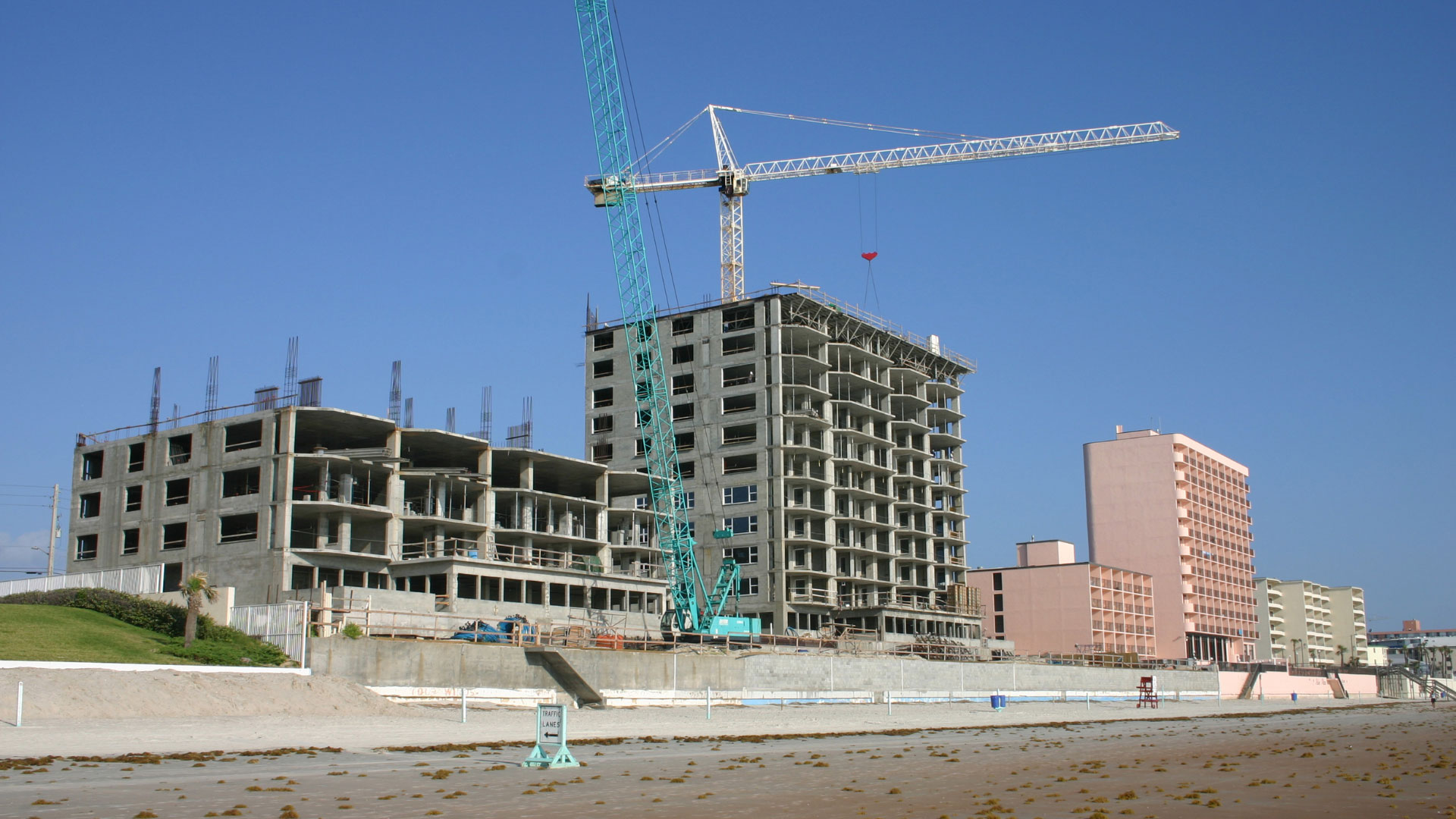Navigating Construction Property Management in Florida: Key Insights
Key Takeaways:
- Financial Stability: Prioritize financial stability to maintain property values. This involves creating a comprehensive financial plan that accounts for both short-term and long-term needs.
- Budgeting: Start early and focus on top expenses. Early budgeting allows managers to allocate resources effectively and avoid last-minute financial scrambles.
- Property Assessment: Regularly assess property needs for accurate budgeting. Conducting thorough property assessments ensures that budgets reflect actual maintenance and improvement needs.
- Reserve Studies: Update reserve studies annually to reflect current economic conditions and inflation rates. Fully funded reserves act as a financial safety net, protecting projects from unexpected costs.
- Legislative Compliance: Stay informed about new laws and regulations, particularly those related to Structural Integrity Reserve Studies (SIRS), to ensure compliance and avoid potential penalties.
- Investment Strategies: Differentiate between operating and reserve funds, and invest reserve funds wisely to enhance financial stability.
Introduction:
In a recent discussion, industry experts shared valuable insights into the financial management of construction property management in Florida. The conversation covered a range of topics, including budgeting, reserve studies, and the impact of recent legislative changes on financial planning. Understanding these elements is crucial for maintaining property values and ensuring financial stability. With the right strategies, property managers can navigate financial complexities and secure a prosperous future for their communities.
Understanding the Financial Landscape
Experts emphasized the importance of financial stability for maintaining property values and ensuring the long-term viability of construction projects. They highlighted the need for property managers to focus on financial stability rather than solely on maintenance fees. This approach helps maintain property values and ensures that projects are prepared for unexpected expenses.
Starting the budgeting process early is crucial. Property managers should focus on their top three expenses and be realistic about their financial needs. Walking the property and understanding its specific needs can help create a budget that protects, preserves, and enhances property values. This proactive approach allows managers to anticipate potential financial challenges and address them before they become significant issues.
The Role of Reserve Studies
The importance of reserve studies in financial planning was a key topic. Reserve studies help property managers plan for future capital expenses and ensure that funds are available when needed. It is recommended to update reserve studies annually to account for inflation and changing costs. Managers should fully fund their reserves to avoid financial shortfalls in the future.
Reserve studies provide a detailed analysis of the property’s assets and their expected lifespan. By understanding when major repairs or replacements are likely to occur, managers can plan their finances accordingly. This foresight prevents financial strain and ensures that necessary funds are available when critical projects arise.
Navigating Legislative Changes
Recent legislative changes have introduced new requirements for construction property management in Florida, particularly regarding Structural Integrity Reserve Studies (SIRS). These studies must be included in the 2025 budget, and managers must fully fund them by 2026. Managers should work closely with their reserve study providers to ensure compliance with these new requirements.
Legislative changes can significantly impact financial planning for property management. Staying informed about new laws and regulations is essential for maintaining compliance and avoiding potential penalties. Managers should establish a process for regularly reviewing legislative updates and adjusting their financial plans accordingly.
Investment Strategies for Property Management in Florida
Investment strategies for property management were also discussed. Establishing an investment strategy that differentiates between operating and reserve funds is recommended. Operating funds should remain liquid to cover day-to-day expenses, while reserve funds can be invested in longer-term instruments to earn higher returns.
Investing reserve funds wisely can significantly enhance a property’s financial stability. By choosing investment vehicles that offer higher returns, managers can grow their reserves and better prepare for future expenses. However, it’s important to balance risk and reward, ensuring that investments align with the property’s financial goals and risk tolerance.
Audience Q&A Highlights
Q: How can property managers ensure compliance with new legislative changes?
A: Work closely with reserve study providers and update studies annually. Regular communication with legal experts can also help managers stay informed about legislative changes.
Q: What are the best practices for budgeting?
A: Focus on top expenses and start the process early. Utilize financial software to streamline budgeting and track expenses effectively.
Q:: How can managers differentiate between operating and reserve funds?
A: Operating funds should remain liquid, while reserve funds can be invested for higher returns. Establish clear guidelines for fund allocation to ensure financial stability.
Q: What role do reserve studies play in financial planning?
A: Reserve studies provide a roadmap for future capital expenses, ensuring funds are available when needed. Regular updates keep financial plans relevant and effective.
Q: How can managers maintain financial stability?
A: By focusing on budgeting, reserve studies, and strategic investments. Collaborating with financial experts can enhance planning and execution.
Challenges Discussed and Solutions Provided
Property managers face challenges such as unexpected expenses and legislative compliance. Solutions include proactive budgeting, regular reserve study updates, and strategic investment planning. By addressing these challenges head-on, managers can enhance their financial resilience and ensure long-term success.
Final Thoughts from the Webinar
The discussion provided valuable insights into the financial management of construction property management in Florida. By focusing on financial stability, updating reserve studies, and complying with legislative changes, managers can ensure their long-term success. Working with professional management companies and leveraging their expertise can help navigate the complexities of property management.
Spotlight on Florida Cities: Naples, Tampa, Orlando, and West Palm Beach
Florida’s real estate market is diverse and dynamic, with each city offering unique opportunities and challenges for construction property management. Let’s explore how these cities are evolving and what property managers need to know to succeed.
Naples: Luxury and Sustainability
Naples is renowned for its luxury real estate market, attracting affluent buyers seeking high-end properties. The city’s focus on sustainability and environmental conservation is shaping construction property management practices. Managers are increasingly incorporating green building techniques and energy-efficient technologies to meet the demands of eco-conscious buyers. Staying updated on sustainable building practices and local environmental regulations is crucial for success in Naples.
Tampa: Urban Growth and Innovation
Tampa is experiencing rapid urban growth, driven by a thriving economy and an influx of new residents. The city’s emphasis on innovation and technology is transforming property management. Managers are leveraging smart building technologies to enhance operational efficiency and tenant satisfaction. Understanding Tampa’s tech-driven real estate landscape and integrating innovative solutions can give property managers a competitive edge.
Orlando: Tourism and Residential Development
Orlando’s real estate market is heavily influenced by its status as a global tourism hub. The demand for vacation rentals and residential properties is driving construction projects across the city. Property managers must navigate the complexities of managing diverse property types, from short-term rentals to long-term residential units. Staying informed about tourism trends and local regulations is essential for effective property management in Orlando.
West Palm Beach: Coastal Living and Resilience
West Palm Beach offers a unique blend of coastal living and urban amenities, attracting residents seeking a balanced lifestyle. The city’s focus on resilience and disaster preparedness is shaping property management strategies. Managers are prioritizing structural integrity and emergency planning to protect properties from natural disasters. Understanding West Palm Beach’s coastal challenges and implementing robust resilience measures can safeguard property investments.
Growing Markets and Opportunities
Florida’s real estate market continues to grow, presenting exciting opportunities for property managers. The state’s favorable climate, economic growth, and diverse communities make it an attractive destination for investors and residents alike. Property managers must stay informed about market trends and demographic shifts to capitalize on emerging opportunities.
Embracing Technology and Innovation
Technology is revolutionizing property management across Florida. From smart building systems to data analytics, managers are using technology to streamline operations and enhance tenant experiences. Embracing innovation and staying updated on technological advancements can drive efficiency and improve property management outcomes.
Navigating Regulatory Changes
Florida’s real estate regulations are evolving, impacting property management practices. Managers must stay informed about legislative updates and compliance requirements to avoid potential penalties. Establishing a process for regular regulatory review and collaboration with legal experts can ensure compliance and protect property investments.
Conclusion:
For property managers seeking to refine their financial planning, these insights provide a roadmap to success. By prioritizing financial stability and strategic planning, managers can protect their investments and ensure a bright future for their communities. Don’t miss out on future webinars—subscribe now to stay informed!
At KWPMC, we are committed to providing expert guidance and support to help property managers achieve financial stability and success. Contact us today to learn how we can assist your community in navigating the complexities of financial management.
For more insights on project development, visit Sharpe Project Development.
Learn more about our services at KWPMC.
External Links:
- For detailed information on reserve studies, visit Reserve Advisors.
- Stay updated on Florida legislative changes at Florida Senate.


